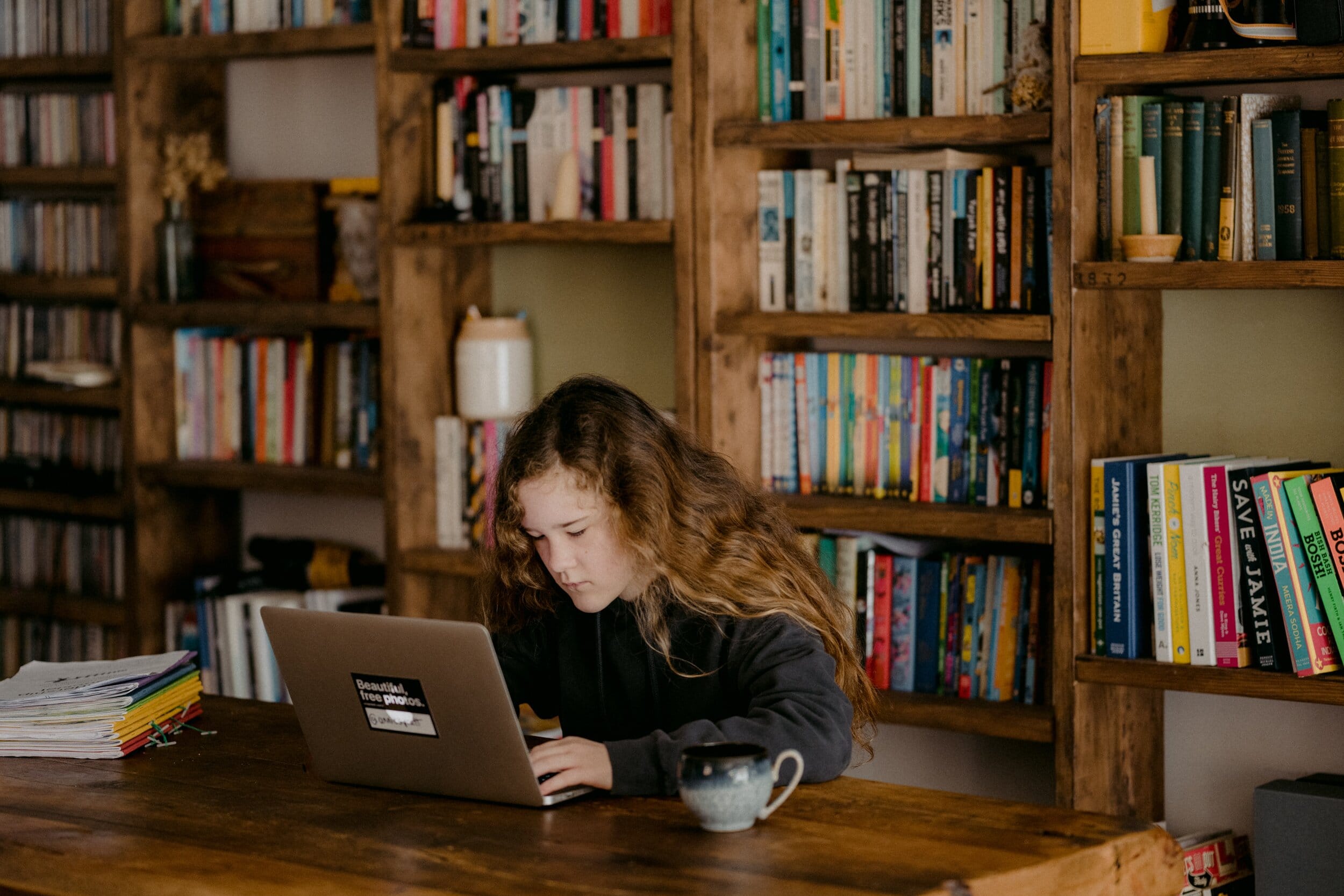By David Saunders | UPDATED: 11:28, 24 March 2020
With home-schooling for millions of children across the globe, in an attempt to halt the spread of COVID-19. Through this measure, there are grave concerns that the resulting lack of social exposure for young people and the stresses of learning from home will likely have a severe impact on the mental wellbeing of thousands of children in Britain.
Parents will be concerned about their children’s educational development, alongside ensuring that their children are receiving the right amount of support.
Furthermore, the implementation of social distancing measures means that their exposure to real-life situations and regular social interaction – which are absolutely vital for the development of their social skills – will also be drastically affected.
This news comes amidst rising rates of depression and severe anxiety amongst children and young adults across the UK; as the number of children and young people saying they have a mental health condition has grown six-fold in England in the past 20 years, and higher levels of loneliness increase the risk of developing depression by 12% and social anxiety by 10%.
In an effort to help maintain the mental wellbeing of young people during this period, mental health treatment specialists Smart TMS provide the following tips for parents looking to help support their children’s mental health:
Give them some space and organise your time
Keeping a set, quiet space with all of your children’s resources and workbooks will help your child focus when learning from home.
Creating a timetable is also useful in making sure that your child receives enough breaks away from their work, and does not become overwhelmed.
While it may be very counterintuitive, sometimes kids need to spend time alone to develop vital tools and coping mechanisms which will allow them to cope with solitary moments and difficult periods in the future.
While long term loneliness is detrimental, giving your children some space and resisting the urge to constantly check-in and be present during this time may in fact help them to come to terms with the situation and build resilience.
Ensuring you are available to answer any questions or discuss any concerns they have, while not forcing them to talk about the situation, will go a long way to helping them negotiate this tricky period.
Ask your kids for help and give them projects
As they spend more time away from school, many kids will become frustrated at their lack of progress and will become lazy and demotivated due to the lack of structure.
Enlisting your kids’ help with household tasks and giving them projects to complete, such as cooking, painting, basic DIY (supervised of course!) will provide them with vital structure and goals to achieve.
This will also translate over into keeping them productive and helping them stay on track with their academic work.
Encourage them to use social media in a healthy way
Social media often receives a lot of criticism in today’s society and is regularly cited as being one of the causes of mental health problems in young people.
However, during these times of social distancing, using social media in a healthy way could actually be incredibly beneficial for children and young adults, by allowing young people to maintain good communication with their friends and classmates and share their concerns.
Encouraging your kids to get involved in group chats with close friends and use video calling services can help them to remain close with their peers and engage in regular, healthy social interaction.
You could also introduce them to other apps, such as HouseParty, which enable larger groups of people to enjoy group video chats with added functions – this will help your children to interact with more of their peers at one time, rather than limiting their communication to one-on-one conversations.
Play games with your kids
As the majority of children will now be spending a lot more time at home for the foreseeable future, now is the best time to dust off those board games or break out the pack of playing cards.
While nothing can truly replace real-life social interaction with peers, playing games with your kids is a fantastic way to maintain their social development and will help them to improve useful social skills such as negotiation, explanation and strategizing.
This will also allow children to blow off some steam and relieve some of the stress and anxiety they may feel while learning at home.
Gerard Barnes, CEO of mental health treatment specialists, Smart TMS, the UK’s leading provider of TMS therapy to treat a range of mental health conditions in teenagers and adults.
Now, Gerard comments on the impact of isolation and learning from home on young people and discusses how their mental wellbeing may be affected:
Young people in the UK are already dealing with high levels of stress from various sources, but now they are facing a completely different reality amidst the school closures and exam cancellations, one which is extremely uncertain and has never been experienced by young people before.
At Smart TMS, we strongly encourage parents everywhere to look into ways of helping your children cope with this period of social separation, and to also use this as a time to connect with your kids and spend more quality time with them.
